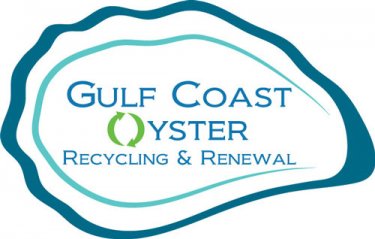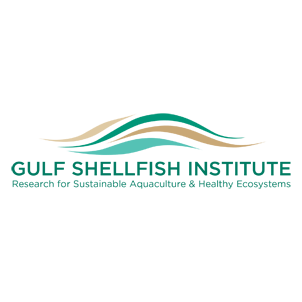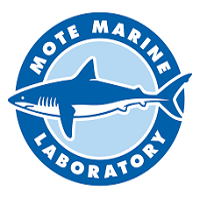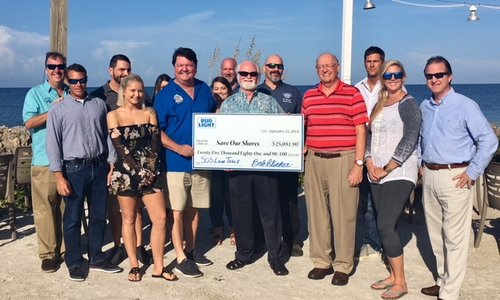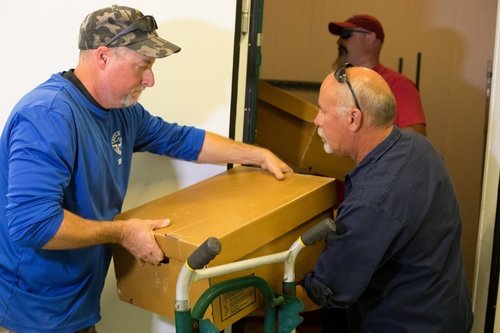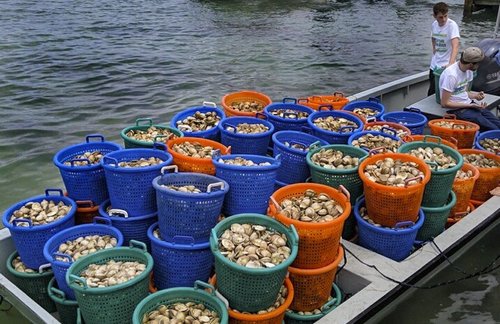
World Central Kitchen
Chef Jose Andres, Chief Feeding Officer and his wife Patricia founded World Central Kitchen in 2010 after a devastating earthquake hit Haiti. “Everyone knows that food is central to life and family all over the world. What we learned very quickly was that food is even more essential in a crisis.” WCK is first to the frontlines, providing meals in response to humanitarian, climate, and community crises. We are proud to donate to their cause, helping to build resilient food systems with locally led solutions.
